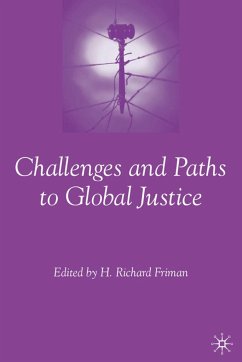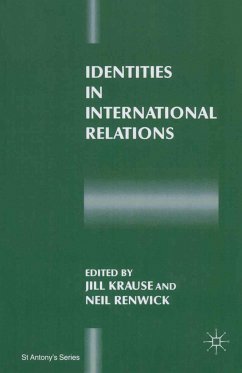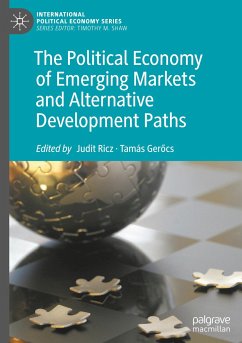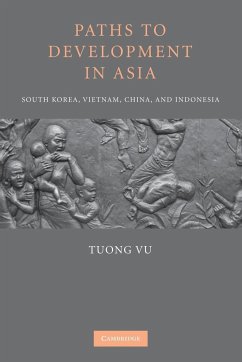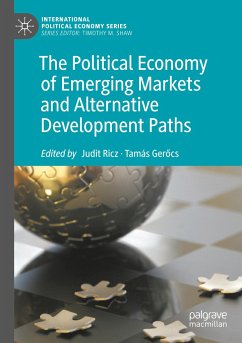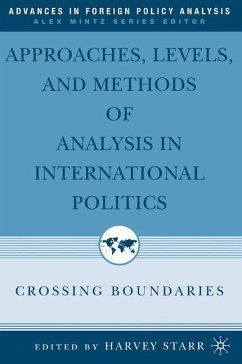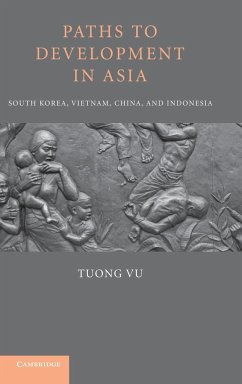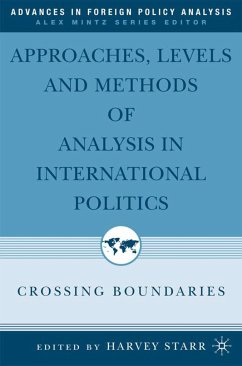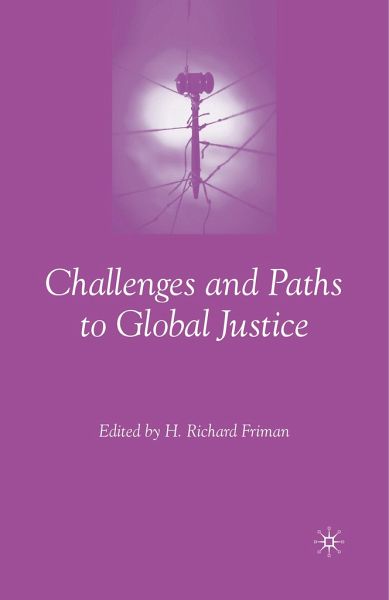
Broschiertes Buch
Challenges and Paths to Global Justice
Versandkostenfrei!
Versandfertig in 6-10 Tagen

PAYBACK Punkte
19 °P sammeln!





This volume draws on insights from a diverse group of scholars and practitioners on issues of justice and law and integration, identity and economic development, cultures and community building, and power and peace. The authors reveal the complexity of global justice as a contested ideal.
H. RICHARD FRIMAN is the Eliot Fitch Professor for International Studies and Director of the Institute for Transnational Justice at Marquette University, USA.
Produktdetails
- Verlag: Palgrave Macmillan / Palgrave Macmillan US / Springer, Berlin
- Artikelnr. des Verlages: 978-1-349-53654-2
- 1st ed. 2007
- Seitenzahl: 196
- Erscheinungstermin: 30. Dezember 2015
- Englisch
- Abmessung: 216mm x 140mm x 11mm
- Gewicht: 254g
- ISBN-13: 9781349536542
- ISBN-10: 1349536547
- Artikelnr.: 45075930
Herstellerkennzeichnung
Palgrave Macmillan
Tiergartenstr. 17
69121 Heidelberg
ProductSafety@springernature.com
"This is a significant contribution to the global justice literature for its exploration of transnational justice principles with careful attention to historical and contextual differences in specific locales. Its mix of contributions from theorists and NGO and IGO practitioners adds important dimensions. Authors show how transnational principles of justice, which can seem at times abstract or remote, play out in specific settings of development aid, armed conflict, and cross-cultural tension. There are important lessons here, both for theorists of justice and for those aid and advocacy organizations attempting to embody appropriate standards of fairness and respect for individuals in their work. This volume would be an excellent complement to more narrowly focused political theory works in courses on global justice or ethics and international relations."
- Luis Cabrera, Assistant Professor of Political Science, Arizona State University,
Author of Political Theory of Global Justice (2004)
- Luis Cabrera, Assistant Professor of Political Science, Arizona State University,
Author of Political Theory of Global Justice (2004)
Für dieses Produkt wurde noch keine Bewertung abgegeben. Wir würden uns sehr freuen, wenn du die erste Bewertung schreibst!
Eine Bewertung schreiben
Eine Bewertung schreiben
Andere Kunden interessierten sich für


